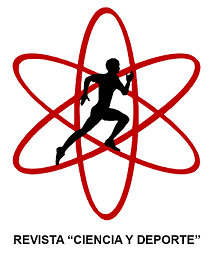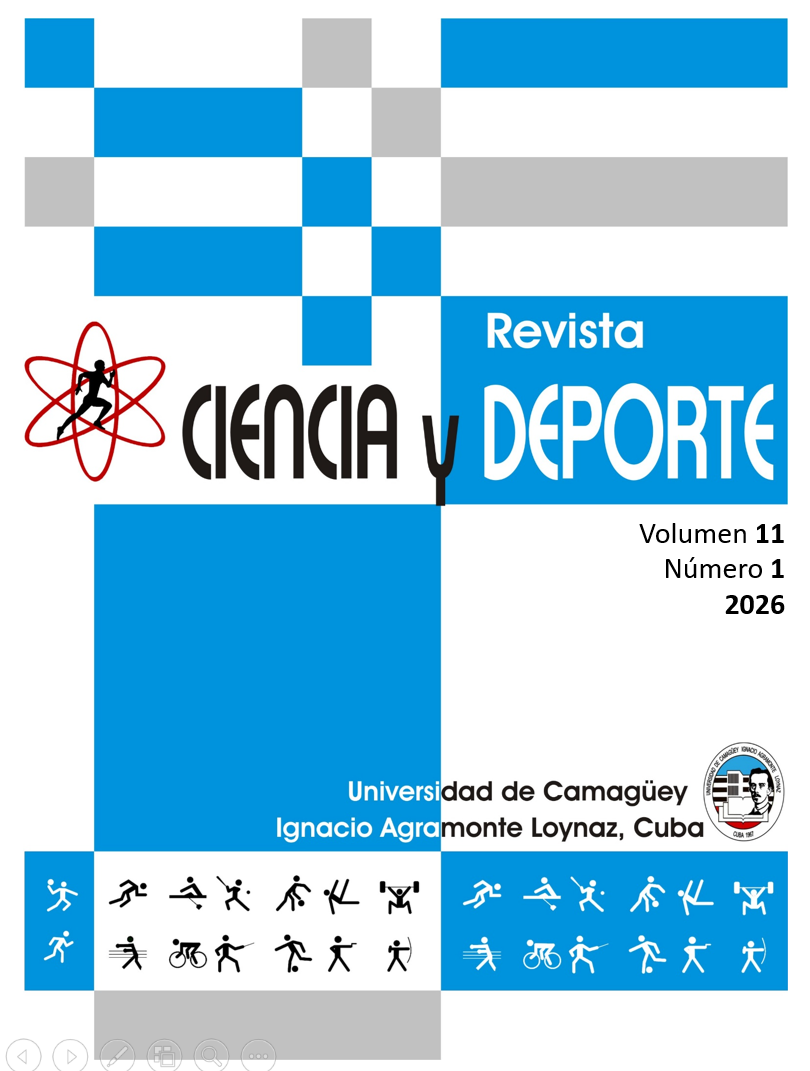
Ciencia y Deporte, una publicación de la Facultad de Cultura Física de la Universidad de Camagüey “Ignacio Agramonte Loynaz”, Cuba; es una revista en línea con ISSN 2223-1773. Esta revista digital de acceso abierto se adhiere a un riguroso proceso de revisión por pares. Su misión esencial es fomentar, divulgar y avanzar en el conocimiento científico en las áreas de la cultura física y el deporte. La revista tiene una periodicidad cuatrimestral, donde se adopta un flujo de publicación continua por números. El idioma de publicación de esta revista es el español y a partir del año 2022, se publican todos los artículos en español e inglés y los metadatos incluyen el portugués. El nuevo modelo responde a los esfuerzos de internacionalización y difusión de sus contenidos.
Número actual
Vol. 11 Núm. 1 (2026): enero - abril (Publicación continua)

